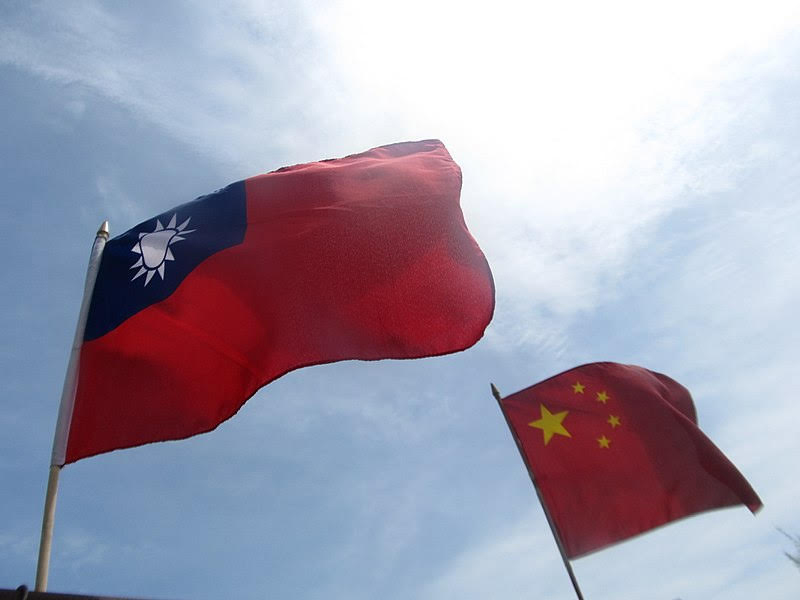 China Military Drill
China Military Drill US business group in Taiwan finds limited impact from China’s recent military drill: Survey
New York: In a survey of its member companies following the recent tensions in the Taiwan Strait, the American Chamber of Commerce in Taiwan (AmCham Taiwan) found that over three-quarters of the respondents said they had not been significantly impacted by the Chinese military exercises in the Taiwan Strait.
The survey was conducted from August 8 to August 17 in the wake of U.S. House Speaker Nancy Pelosi’s visit to Taipei and the Chinese military exercises that followed.
Of the 126 out of 529 AmCham Taiwan member organizations that responded, 77 percent reported their business had not been significantly impacted.
Meanwhile, 17 percent said they had experienced disruption, a third of which reported increased shipping or insurance costs or supply chain delays.
Nearly half of the 17 percent said that the disruption stemmed from changes in policies or other manifestations of concern from their offshore headquarters.
Looking ahead, 46 percent of the companies surveyed expected that increased military activity during 2022-2023 would affect their operations, while the remainder were either unsure or did not anticipate being affected.
When asked about the specific “spectrum of threats” often cited in media reports, companies ranked the following as their key concerns: 1) general tension, including disinformation and psychological campaigns targeting Taiwan; 2) constraints or barriers on Taiwan’s periphery; and 3) sanctions, travel bans, boycotts, and embargoes against Taiwan products and people.
On a scale of 1 to 5, with 1 being not concerned at all and 5 being extremely concerned, the respondents’ average level of concern about serious action being taken against Taiwan in the next 24 months was 2.8.
AmCham Taiwan President Andrew Wylegala noted, “Our Chamber has been calling for an ambitious agenda to accelerate economic cooperation with Taiwan through the 21st Century Trade Initiative, a double taxation avoidance agreement, and, eventually, via a bilateral trade agreement (BTA)."
"Developments in recent weeks underscore the importance of supporting Taiwan’s resilience through stepped-up economic collaboration and integration, and the crucial fact that Taiwan’s economic relationship with the United States is also a security issue. In addition, we believe the need to return Taiwan’s entry rules for foreign visitors to their pre-COVID status has become essential,” Wylegala added.
Support Our Journalism
We cannot do without you.. your contribution supports unbiased journalism
IBNS is not driven by any ism- not wokeism, not racism, not skewed secularism, not hyper right-wing or left liberal ideals, nor by any hardline religious beliefs or hyper nationalism. We want to serve you good old objective news, as they are. We do not judge or preach. We let people decide for themselves. We only try to present factual and well-sourced news.







